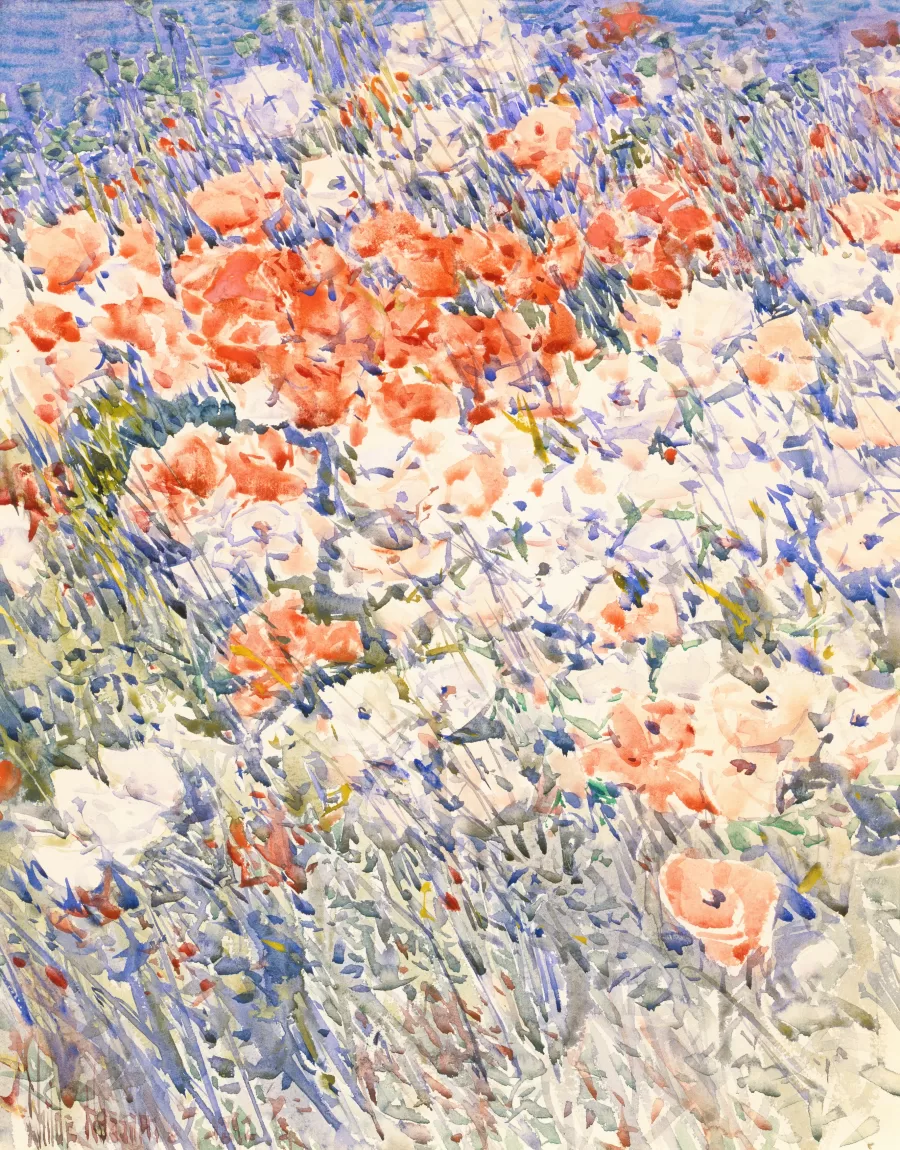Stop Missing Your Life: Becoming Grounded in the Present

The following article on how to stop missing your life cites content and anecdotes from “How to Stop Worrying and Start Living” by Dale Carnegie
We live distracted lives. How much of our life do we trade away for worry about the future, regrets about our past and irritations about our current circumstances. We fail to enjoy our friend’s birthday party because we’re stressed about a work project. Or we miss the opportunity for a light-hearted conversation with our spouse because we’re annoyed about being stuck in traffic. We foster resentments in our relationships and miss opportunities to create treasured memories.
But it’s not just that. Our preoccupation with worries and resentments prevents us from approaching life with a sense of vigor to make the most of each day. To apply our talents, to reach beyond ourselves and to spend our life on meaningful pursuits. Our life remains small as we narrow our focus to potential problems, upcoming tasks and petty grievances. We miss the opportunities to experience and create a rich life right where we are.
If you relate to any of these sentiments, and have a desire to stop missing your life, the first step is learning how to truly become more present to your life. But what does this actually mean? More importantly – how do we actually do it? Dale Carnegie offers several helpful insights on how to shift our mindset around worry in his book, How to Stop Worrying and Start Living. We’ll explore the trade-offs of worry and how learning to become more present can enable us to approach life with a sense of vigor so that we can finally stop missing our lives.
The Cost: How Much Are You Willing to Pay?
The decision to indulge in worry and resentment does not come free. Not only can it cost us our health and happiness, but as Henry Thoreau puts it, “…the cost of a thing is the amount of what I will call life which is required to be exchanged for it…” We might not recognize it, but for every anxious moment, we exchange for it a moment of peace. And while we often think this is a natural exchange, ask yourself: What value does this exchange bring to you? Is it worth the cost?
Often, the answer is that it doesn’t bring you anything. You exchange moments of presence and joy for moments of anger, irritations and worry – but it doesn’t solve your problem. It simply eats away at your ability to thrive in the current moment.
Believe it or not, many of us think that we’re doing important work by worrying. According to an article published by Towson University, we often have positive beliefs about worry. We think it helps us prepare for negative outcomes and problem-solve. While we do indeed experience all the negative emotions of the event we’re worrying about – whether or not it happens – it doesn’t provide any benefits. Not only does it make you worse at better problem-solving, but it also robs you of your peace.
The truth is, we’re much better problem-solvers when we’re relaxed and receptive to our current situation. This state of mind enables us to be more creative and resilient which in turn allows for better solutions. So, if you’re ready to stop missing your life, and instead direct your energy to living a fuller life, let’s dive into how we can shift out of our typical mental ruts that keep us stuck.
Overwhelm: Focus Only on Today’s Work
We all know what it’s like to feel overwhelmed and anxious about the future. Maybe you feel like there’s a million tasks to do, and you don’t know how it will all get done. Or you find your imagination fixating on everything that could go wrong and wondering how to handle each scenario that may come up in the future. You spiral into an endless storm of ‘what ifs’. Not only do you find yourself having to solve today’s problems – but also the hazy, yet daunting problems of the future.
But we only have the strength for one day and one moment at a time. If we continue to try to carry the weight of today and tomorrow all at once, we inevitably break. Stop missing your life by looking off at the distant future and trying to solve problems that you’re not equipped to handle yet.
A concept in Carnegie’s book to help combat this sense of overwhelm is learning how to “live in day-tight compartments”. This means focusing our energy on today’s work – the task that lies clearly at hand – not on the worries of the future. We have to learn to take it one step at a time. This will release you from the strain of trying to bear the burden of all potential problems, and free your energy to focus on the real tasks in front of you. It will ground you in the reality of today, instead of being tossed around by the storm of ‘what ifs’.
So, focus simply on the task at hand. Take the next step forward and learn to trust that whatever problems arise tomorrow; you’ll have the strength and insight to handle it then. After all, the best way to prepare for the future is by doing today’s work superbly.
“Our main business is not to see what lies dimly at a distance, but to do what lies clearly at hand” – Thomas Carlyle
Hopelessness: Every Day is a New Beginning
How often do we allow failures from our past to define where we put our energy today? I can think of a dozen times where I fixated on my shortcomings and was sure that I could never break free from them. Because I struggled yet another day to focus on my work, how will I ever make meaningful progress? Since I failed yet again to stick to an exercise plan, I will probably never become fit. Because I had yet another disagreement with my family member, how will we ever have a peaceful relationship? Not only does this mentality breed hopelessness, but it brings a negative energy to whatever you’re trying to work through. You believe the same patterns will continue to repeat themselves and so you remain stuck.
“Every day is a new life to the wise man.”
Dale Carnegie shares the story of a woman, Mrs. E.K. Shields, who lost her husband to illness. Depressed and nearly penniless, she scraped enough money to put a down payment on a used car and got her old job back selling books to rural and town school boards. She would travel long stretches of lonely road on the job. The isolation of driving and eating alone every day made things almost unbearable. Her life had become so full of loneliness and discouragement that she came to the point of contemplating suicide. She lived in constant fear for her health and couldn’t stop worrying that she wouldn’t be able to make ends meet. What if she couldn’t make payments on her car, her rent or even her food? She dreaded waking up each morning.
But one day she came across an article with the words, “Every day is a new life to the wise man,” and everything changed. It restored her courage to keep on living. She said, “I found it wasn’t so hard to live only one day at a time. I learned to forget the yesterdays and to not think of the tomorrows.” These words allowed her to overcome her fear of loneliness and want. She continues, “I am happy and fairly successful now and have a lot of enthusiasm and love for life. I know now that I shall never be afraid, regardless of what life hands me.”
If you want to stop missing your life, then practice bringing in this same vigor and hope into every day. Don’t let fear and past failures define your current moment. Instead, remember that every day is a new life. If we approach each day with tenacity and hope, we can break free from our ruts and instead begin to live a compelling life.
Life on Hold: Life is in Every Moment
As humans, we have a tendency to focus on what we don’t have. We put our lives on hold in anticipation of what we hope is just around the corner. In the meantime, we spend our time anxious about our current situations and miss what we do have. We think, ‘once I can afford a nicer place’, ‘graduate’, ‘get that promotion’, ‘get married’, ‘resolve this problem’, etc., then things will be better. We put off living for ‘one day’ and don’t realize that we miss our lives as it goes by.
By all means, let’s look ahead to the future, prepare as needed and be hopeful. But if you want to stop missing your life, then don’t put off living by “dreaming of some magical rose garden over the horizon instead of enjoying the roses that are blooming outside our windows today.” Life is happening right now – in the small details of your every day. Learn to enjoy what you have while it’s in front of you, because these are the moments that make up our lives.
“Life we learn too late, is in the living. In the tissue of every day and hour.”
To help illustrate what it truly means to live our lives to the fullest in our current circumstances, I’ll leave off with one final story from Dale Carnegie’s book.
A Fairyland of Beauty
A woman named Borghild Dahl was born nearly blind. She could only see faintly out of one eye. In order to read she had to hold a book so close to her face that her eyelashes would touch the page. She would then strain her one eye as much as possible to make out the words. And yet despite her handicap, she continuously strived to participate in everyday life and never let herself be pitied. When she came across challenges due to her disability, she would figure out how to overcome them. “In the back of my mind” she wrote, “there had always lurked a fear of total blindness. In order to overcome this, I had adopted a cheerful, almost hilarious attitude towards life.” She went on to complete two college degrees and became a professor of journalism and literature.
Then, at fifty-two years old she received an operation that restored her sight to forty times better than she could ever see in her life. As she described, the world’s loveliness opened up before her and she experienced incredible joy at the newfound richness. She found it thrilling to wash the dishes because, “I dip my hands into [the suds] and I pick up a ball of tiny soap bubbles. I hold them up against the light, and in each of them I can see the brilliant colors of a miniature rainbow.” She would look out the window and see the gray-black sparrows flying through the thick, falling snow. Her response to these simple moments was to thank God over and over for what she had now gained.
Carnegie concludes, “All the days of our years we have been living in a fairyland of beauty, but we have been too blind to see, too satiated to enjoy. If you want to stop worrying and start living – count your blessings, not your troubles.”

1 comment